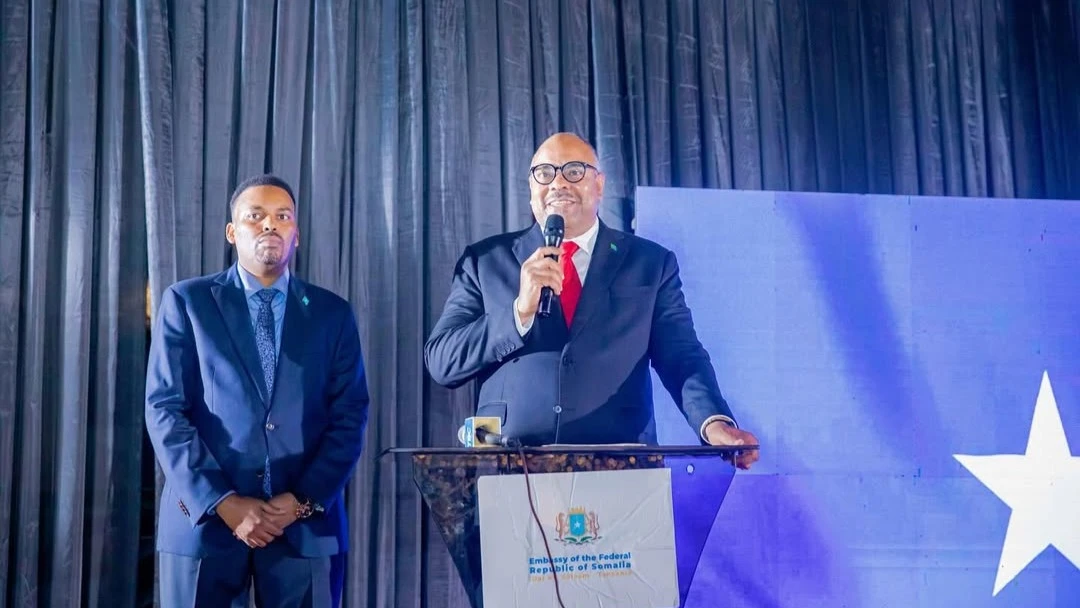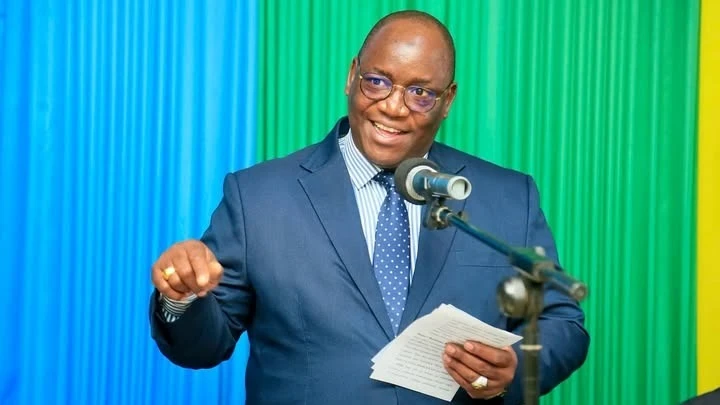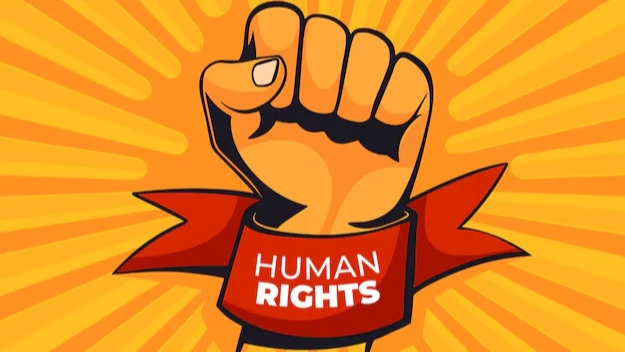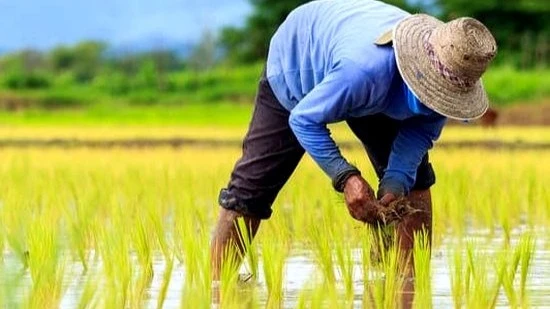Government lists 73 projects complying with carbon trading framework

A TOTAL of 73 carbon projects have been initiated across the country, with 69 currently in various stages of registration, four already actively under implementation, since the government adopted revised carbon trading regulations. came into effect he explained, showcasing tangible progress in the sector.
Hamad Yusuf Masauni, the Union and Environment state minister in the Vice President's Office (VPO), made this affirmation after receiving an assessment report on carbon trading trends locally, in Dar es Salaam yesterday.
He said that Tanzania is strategically positioning carbon trading as a pivotal instrument in its fight against climate change, fostering national and international efforts to reduce greenhouse gas emissions.
Carbon trading regulations encourage participation from individuals, institutions and private firms as lately the government has strengthened regulatory oversight, he stated.
This robust framework includes the Carbon Trading Regulations established in 2022 (and amended in 2023), alongside the creation of the National Carbon Monitoring Centre (NCMC), he specified.
The NCMC plays a crucial role in project registration, facilitating effective monitoring and greenhouse gas verification, apart from conducting stakeholder education and awareness campaigns, he said.
The carbon trading landscape is also expanding to Zanzibar, as environmental authorities have begun receiving carbon project applications, following the approval of Zanzibar's Carbon Trading Control and Management Regulations in 2025, he said.
As of May 2025, four companies had expressed strong interest in executing such projects, with two submitting detailed concept notes, indicating a growing momentum in the Isles, he affirmed.
The assessment committee, tasked with evaluating Tanzania's carbon trading environment, has put forward key recommendations to enhance efficiency, with its report advocating extensive public education on carbon trading, he stated.
It also underlines the development of comprehensive training guidelines at various stakeholder levels, along with establishing stakeholder discussion forums, he said.
The committee's insights focus on implementation of carbon trading as likely to be significantly bolstered by reviewing existing regulations, while improving the National Carbon Registry, he said.
It also stresses the need to devise a specific public education strategy, enhancing data management systems and actively encouraging private sector involvement, he stated.
The assessment underscores Tanzania's immense potential to leverage carbon trading benefits through strategic projects spanning diverse sectors, including the standard gauge railway (SGR), Dar es Salaam Rapid Transit (DART) buses, renewable electricity generation and widening natural gas domestic energy use.
Other areas include systematic forestry activity, green agriculture, green buildings, education, mining, waste management and the burgeoning blue economy, he explained further.
Carbon trading is therefore set to become a vital mechanism, not just for environmental protection, but also for fostering sustainable development and economic growth across the country, the minister added.
Top Headlines
© 2025 IPPMEDIA.COM. ALL RIGHTS RESERVED






















